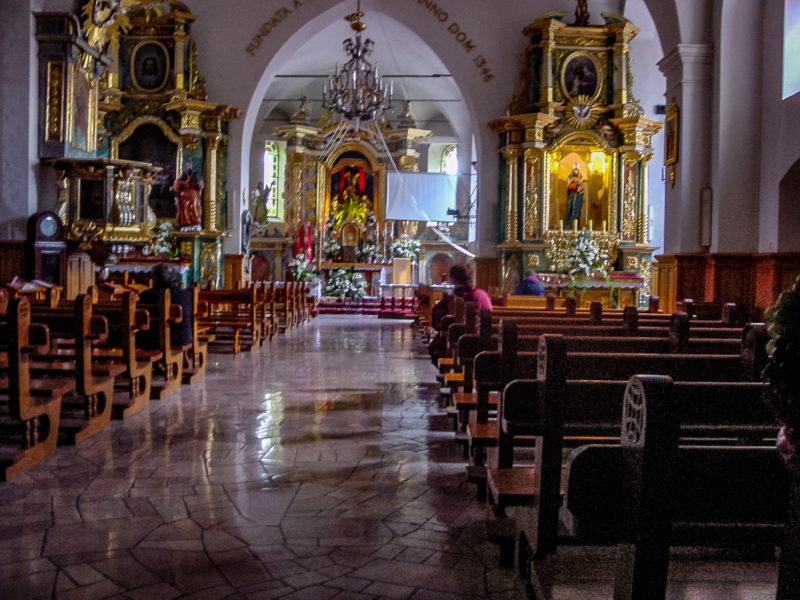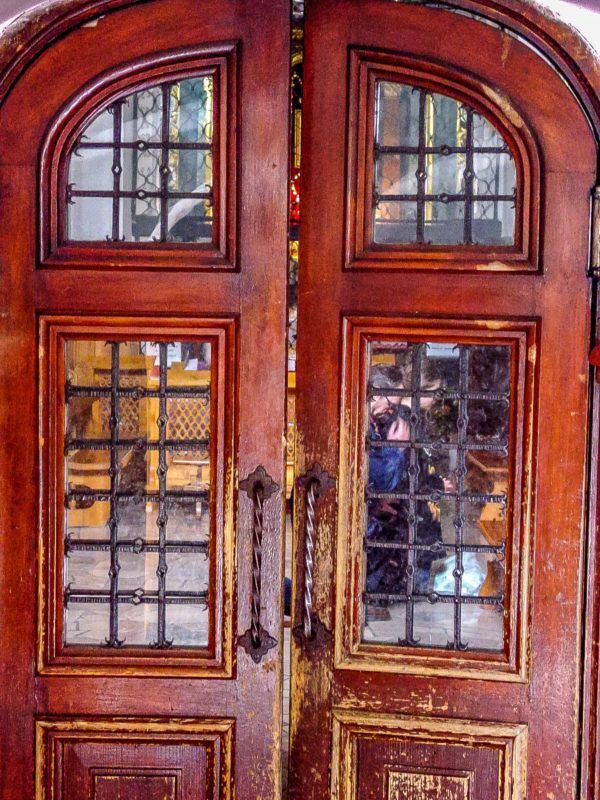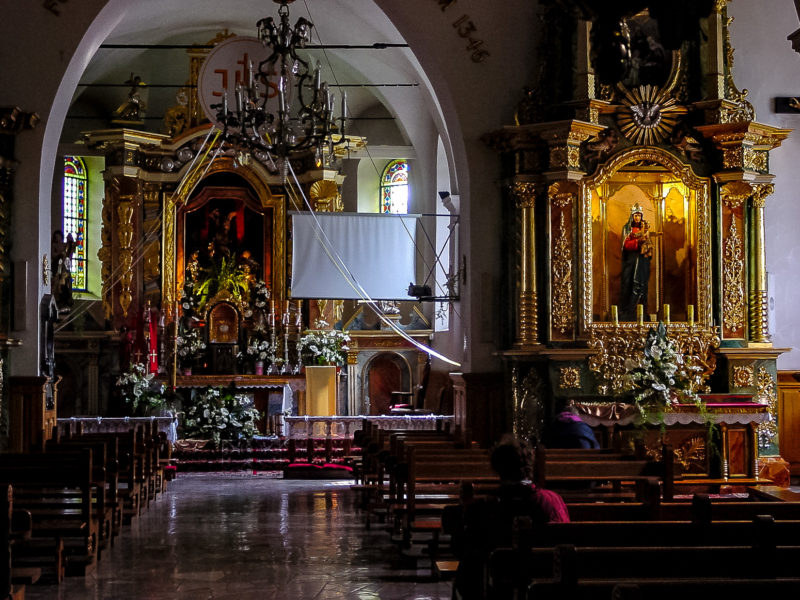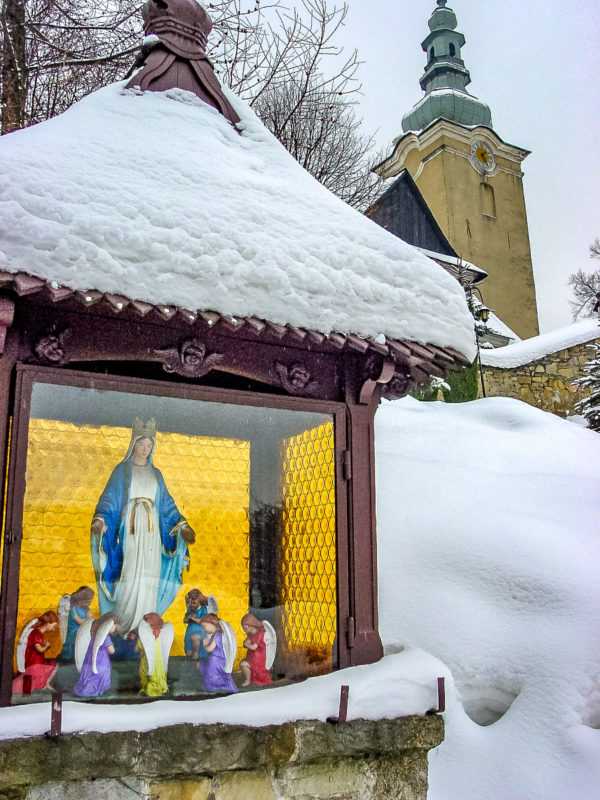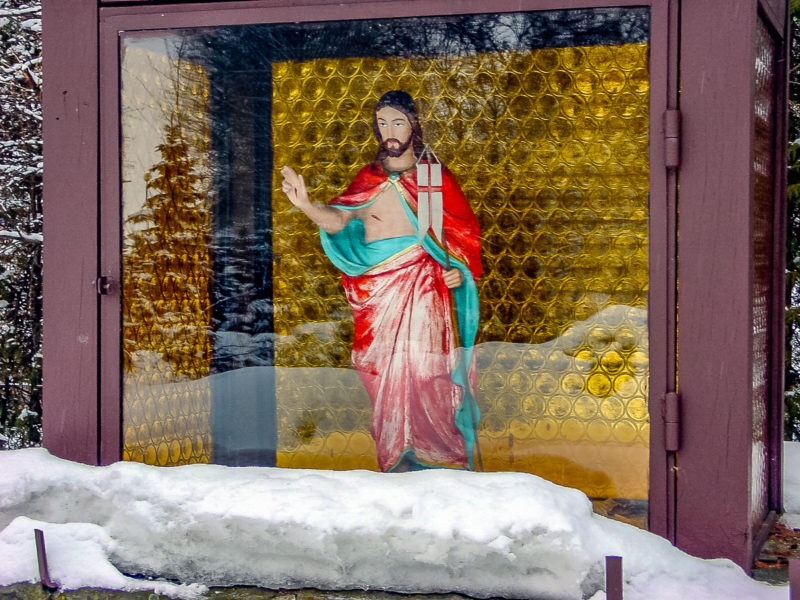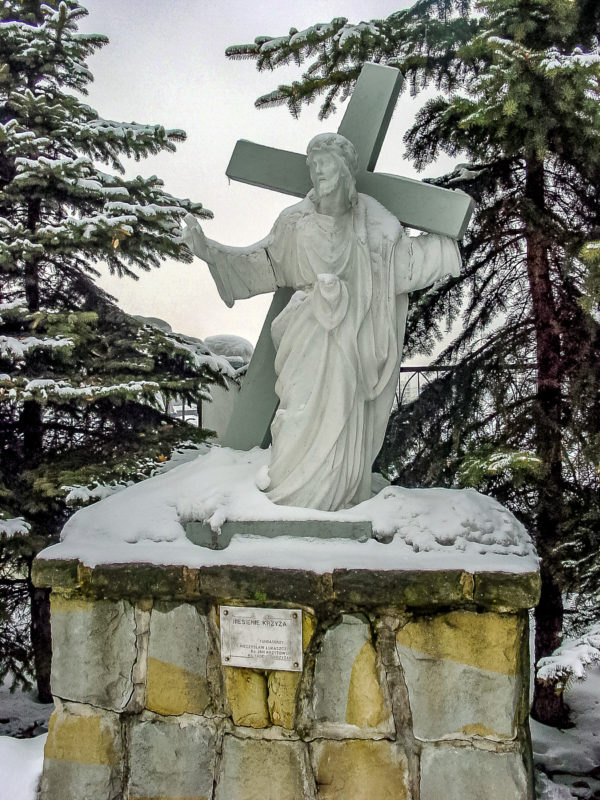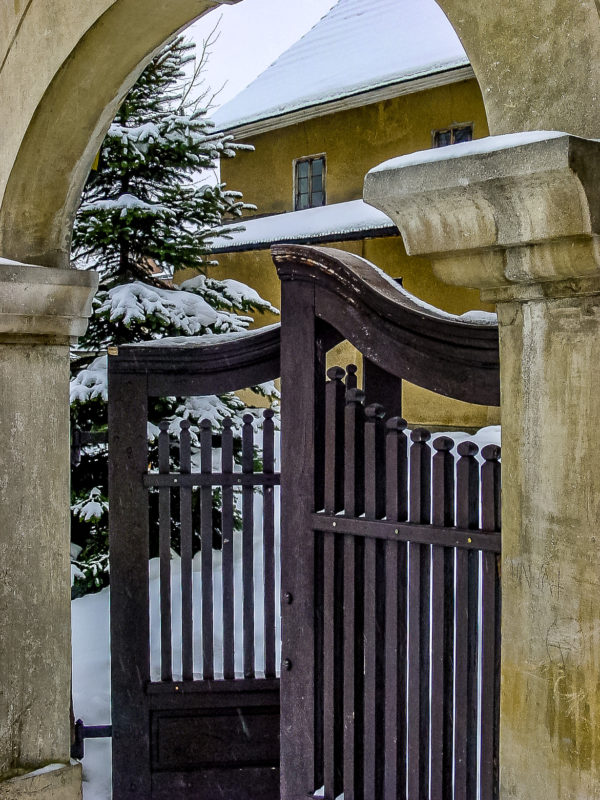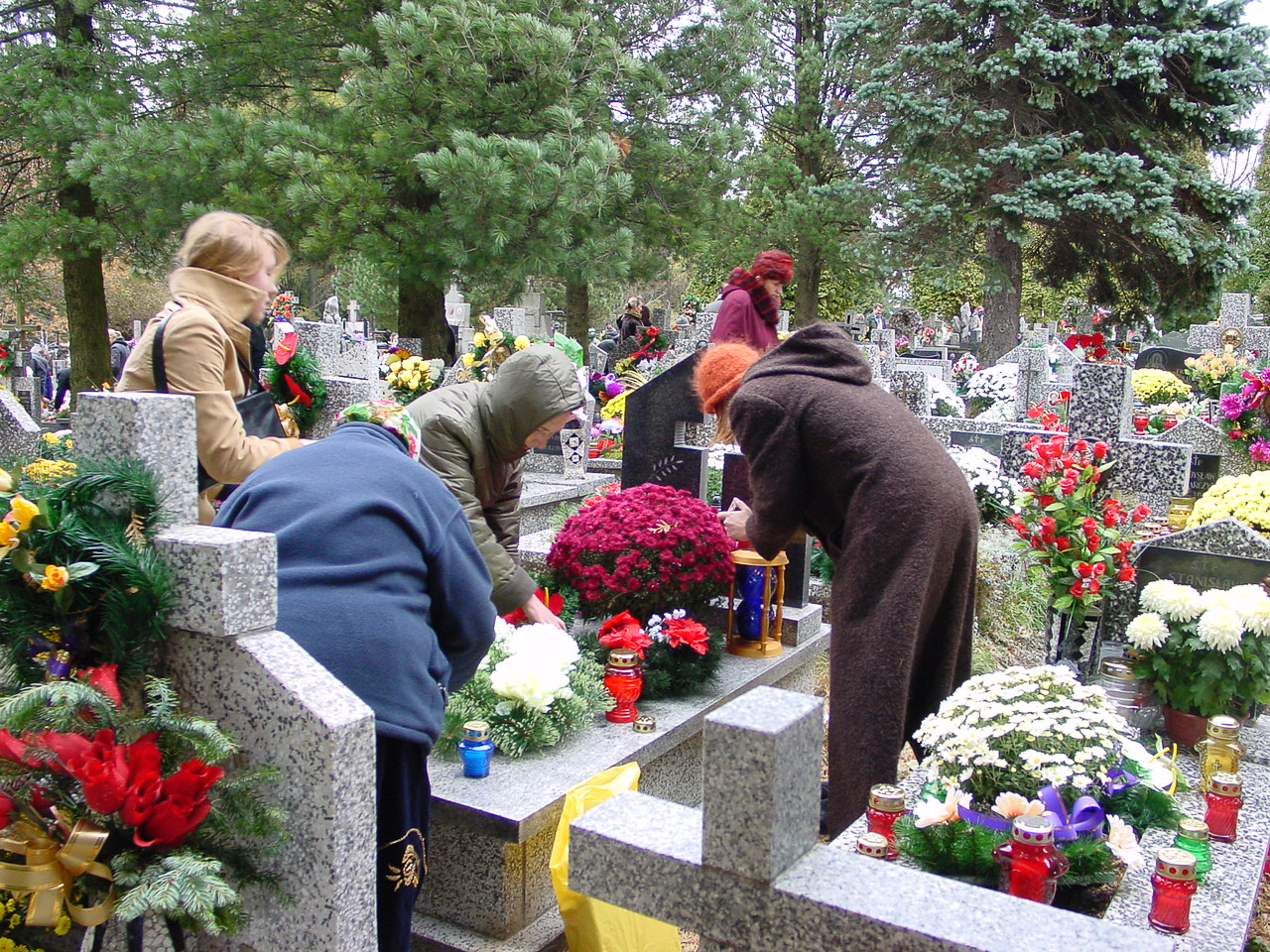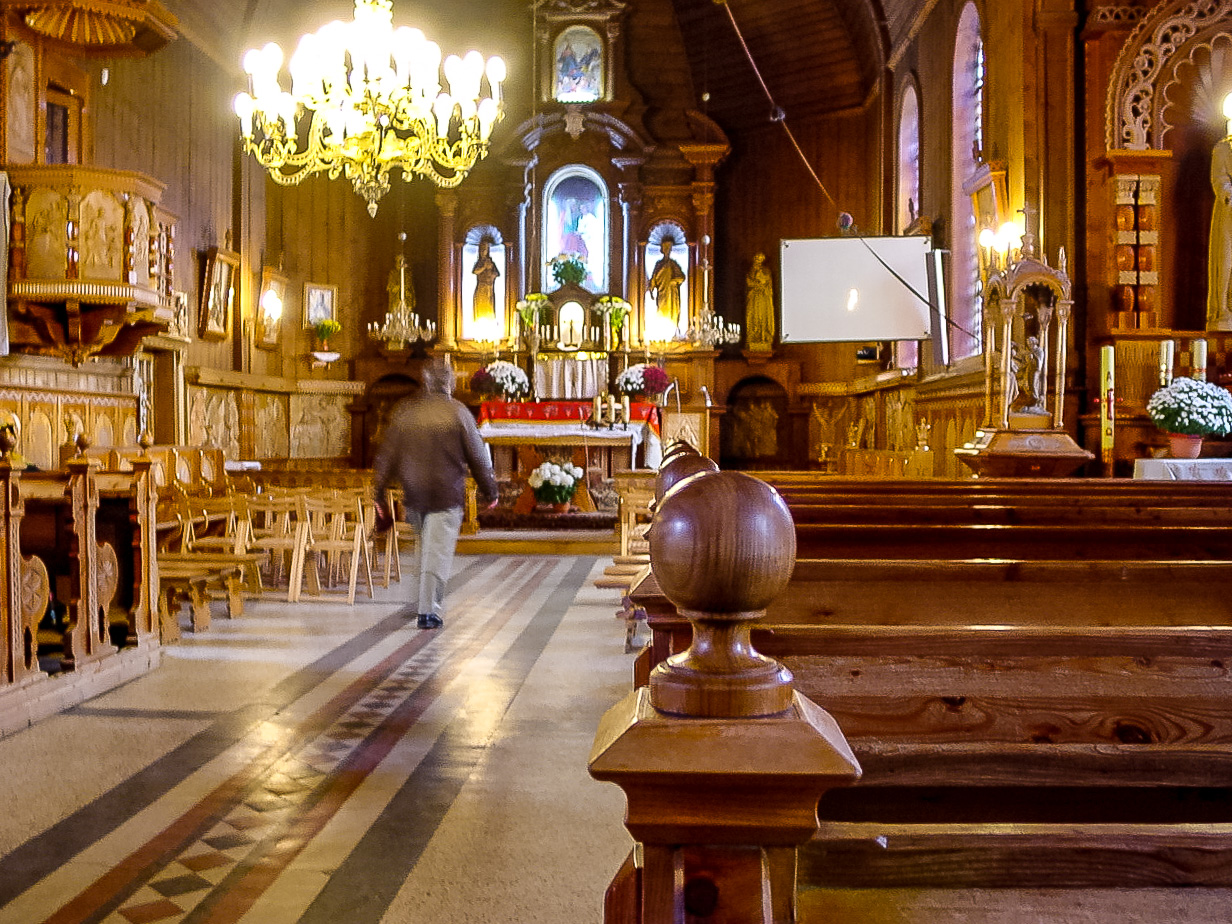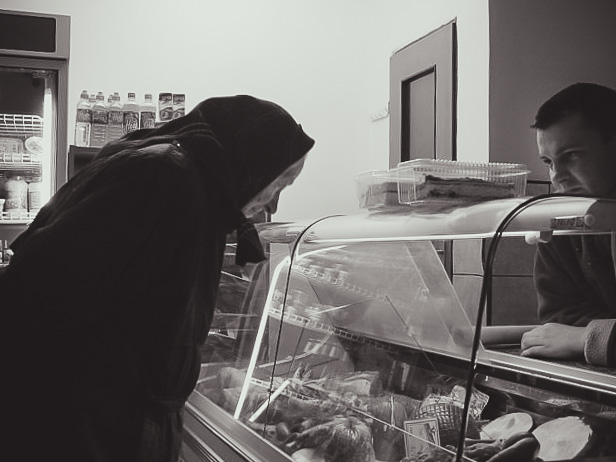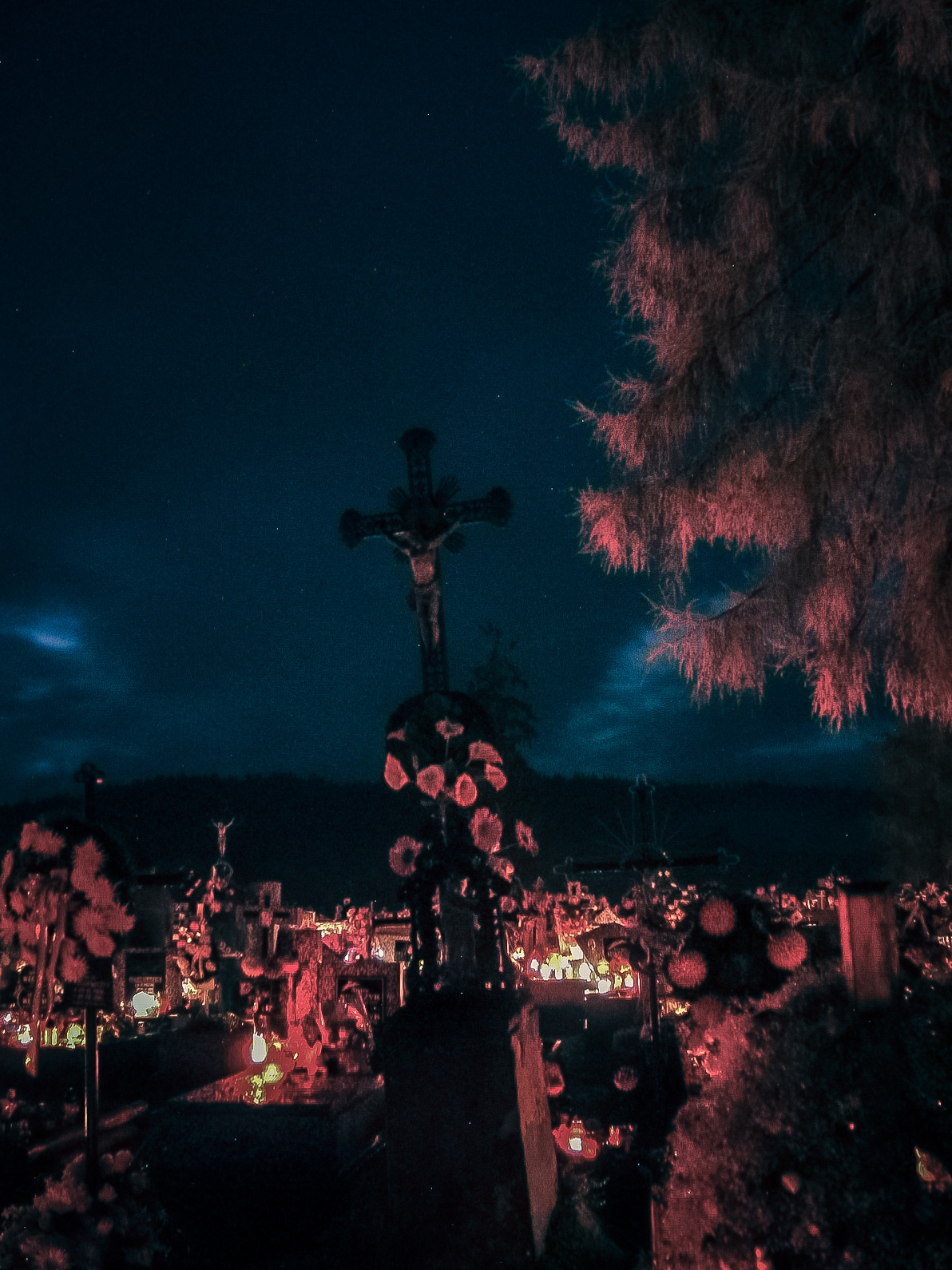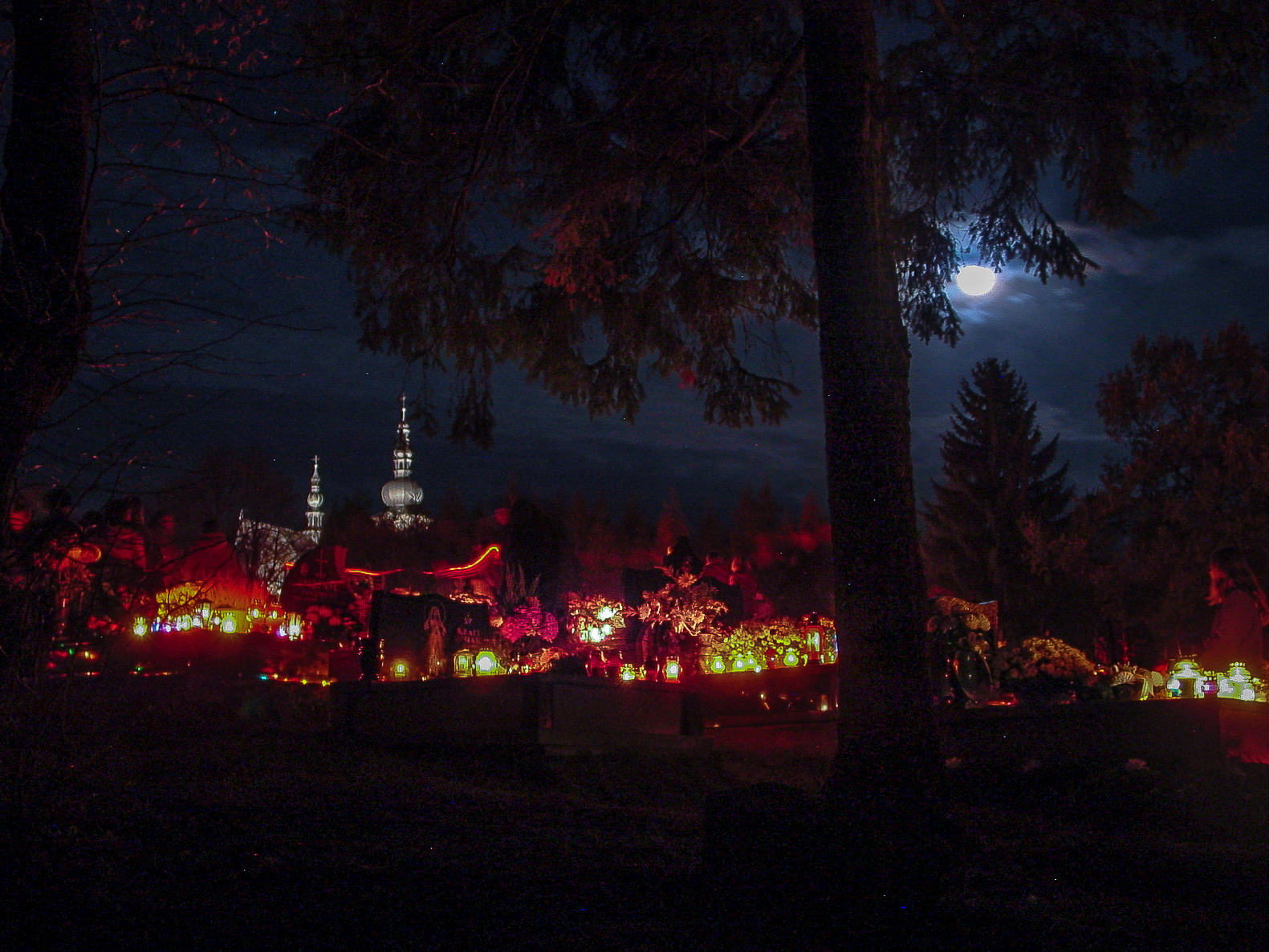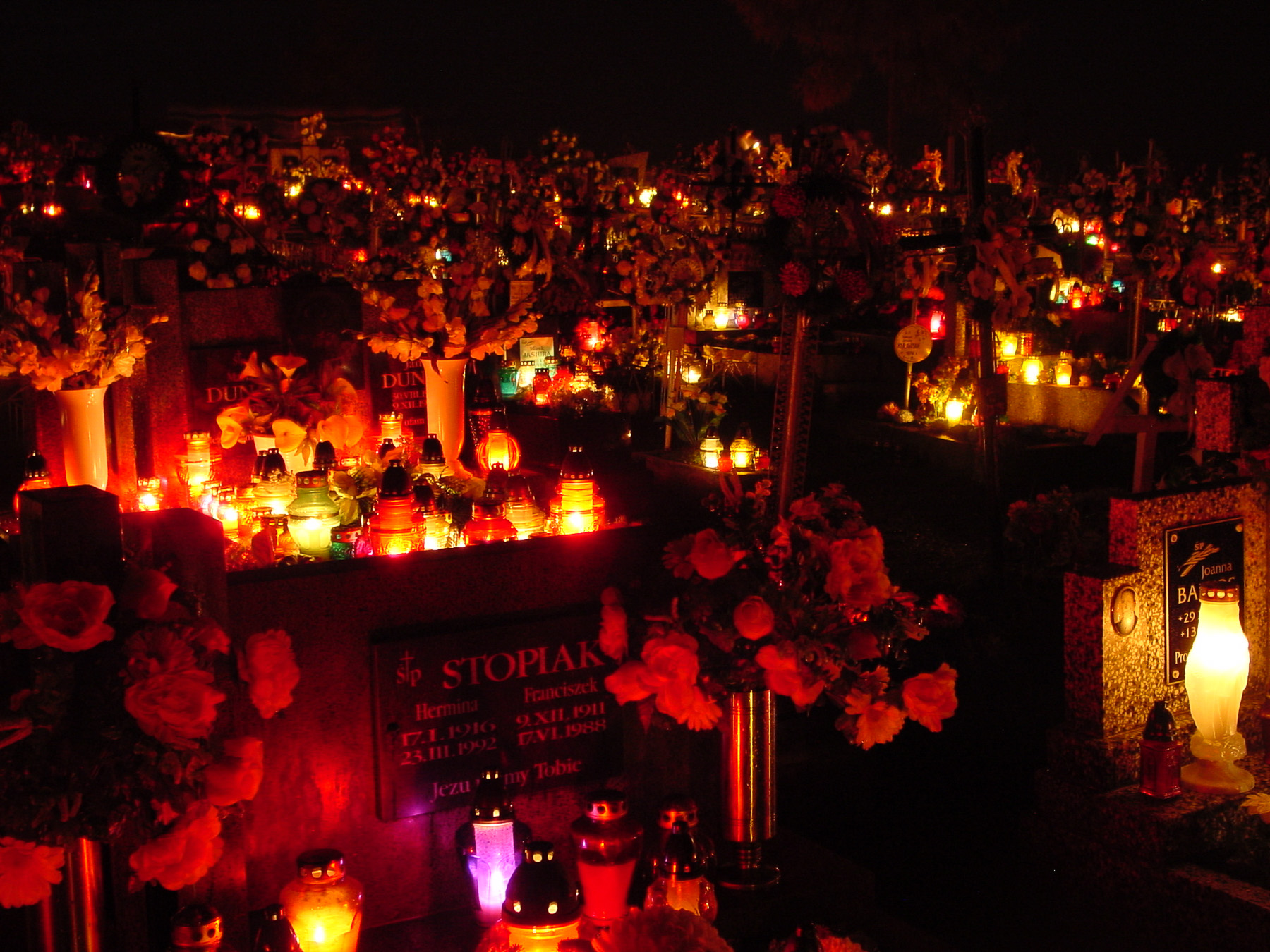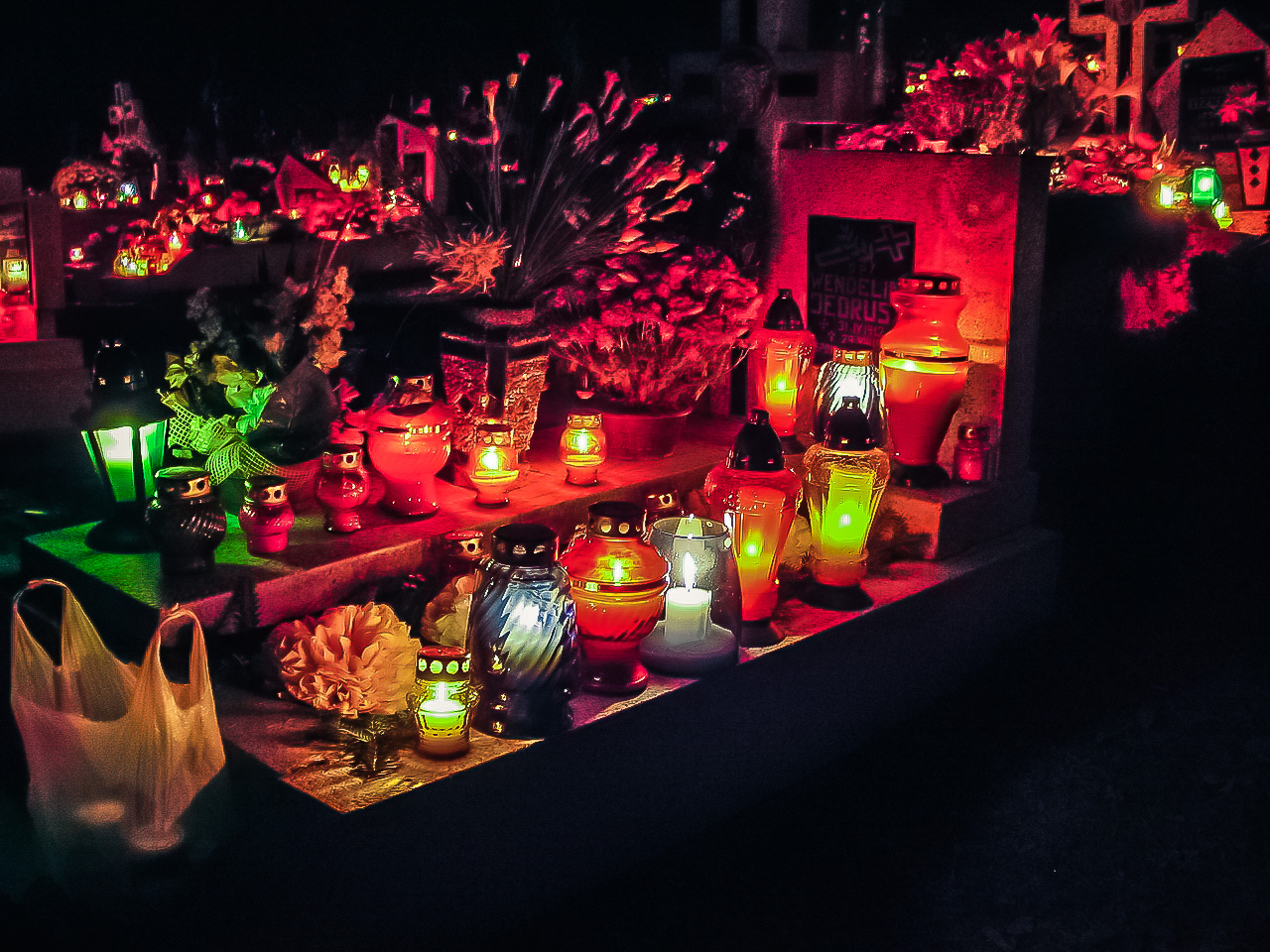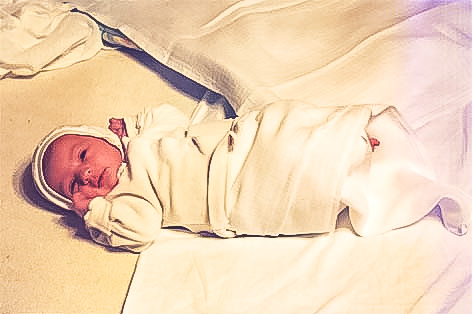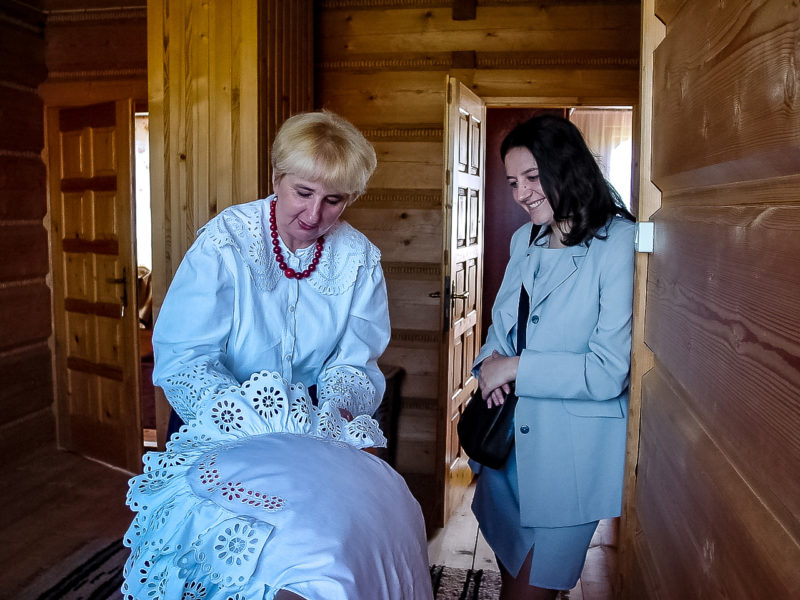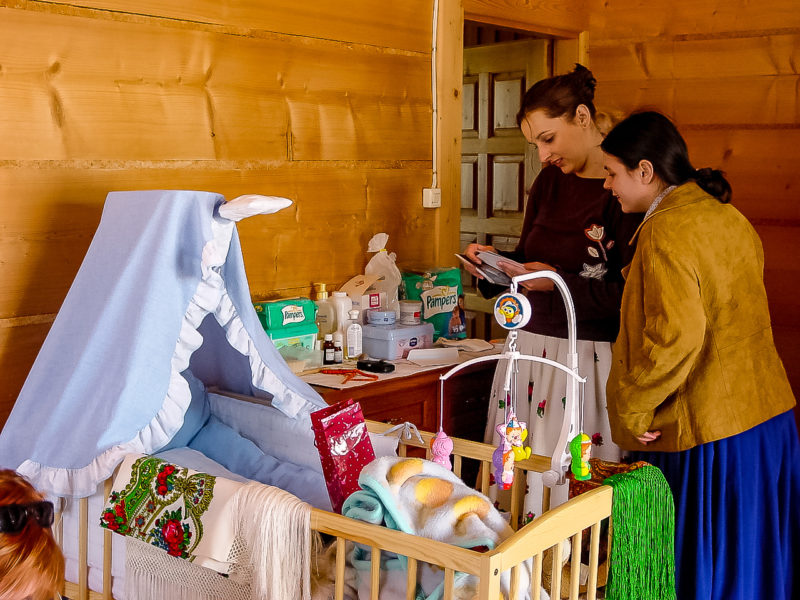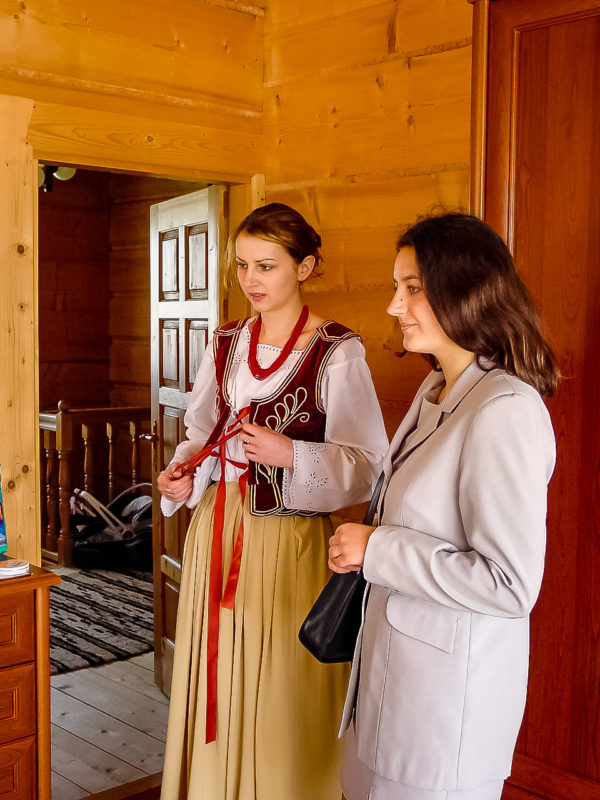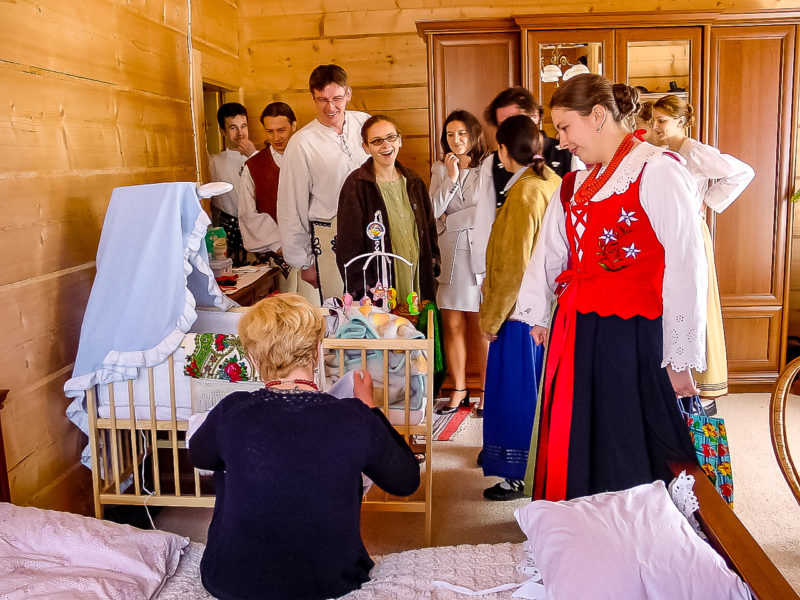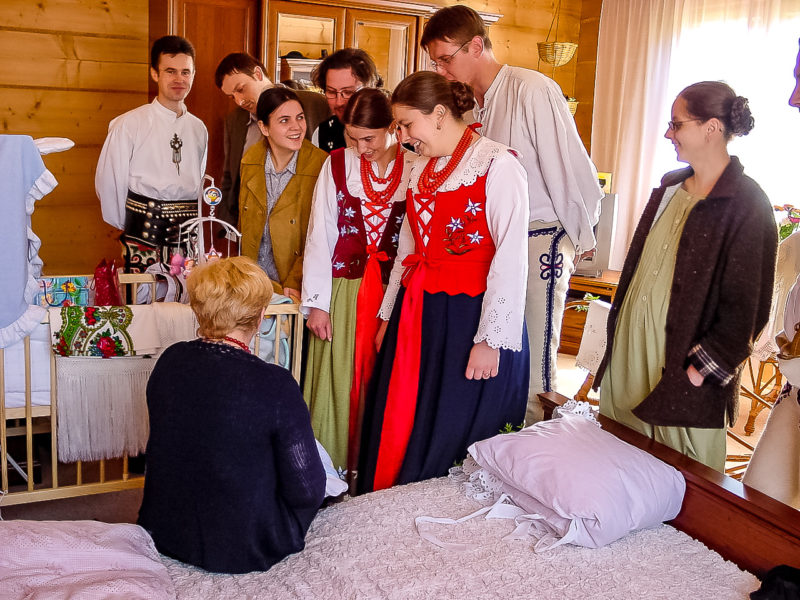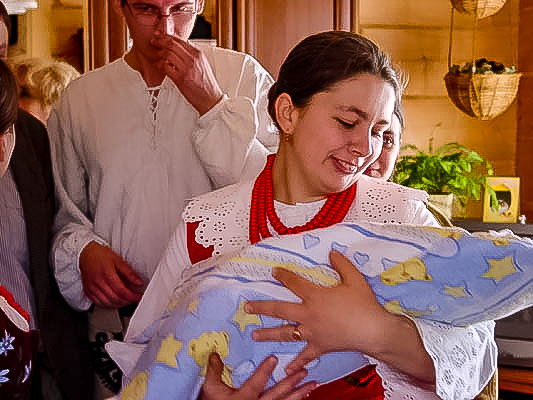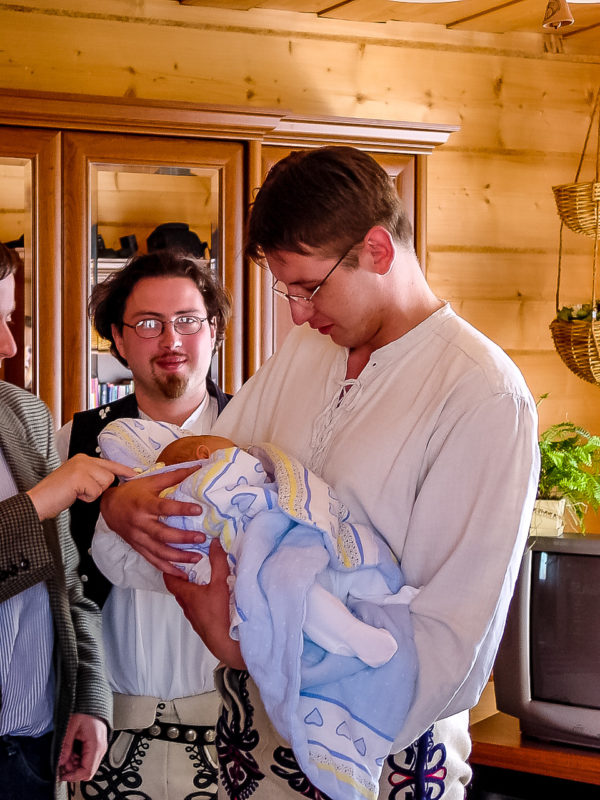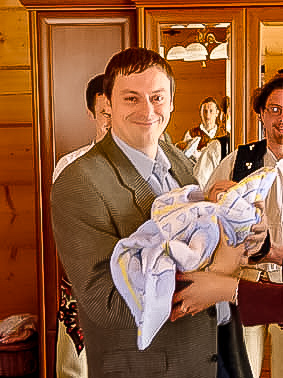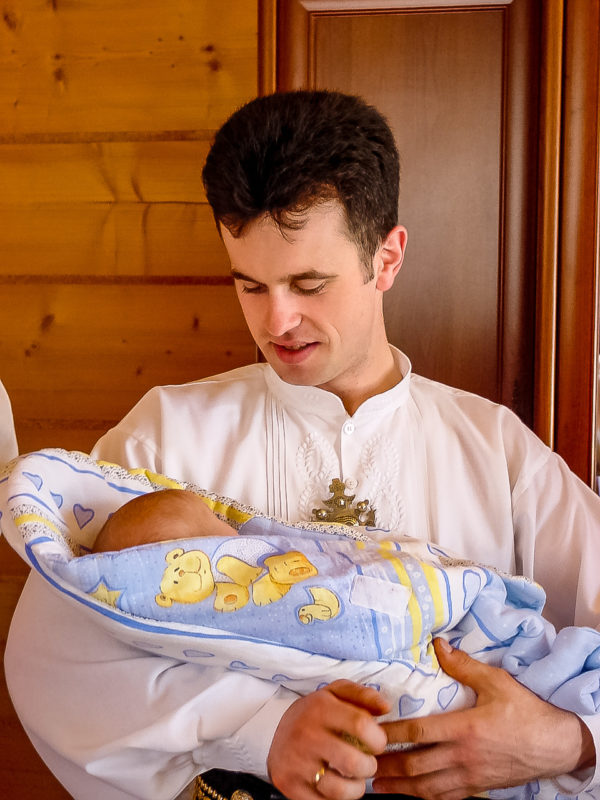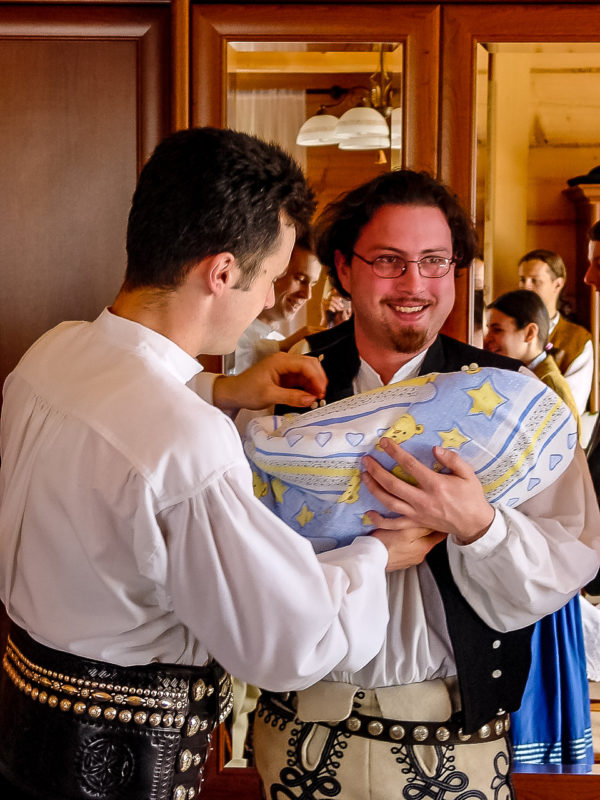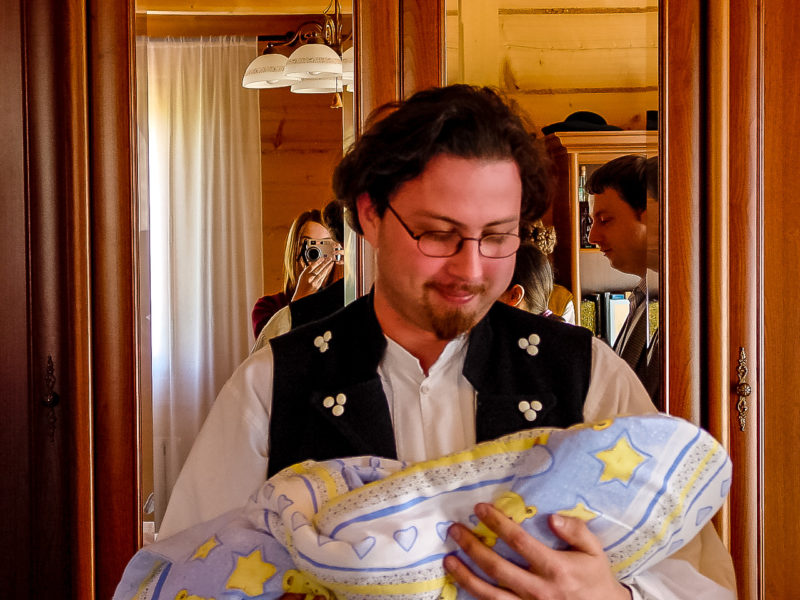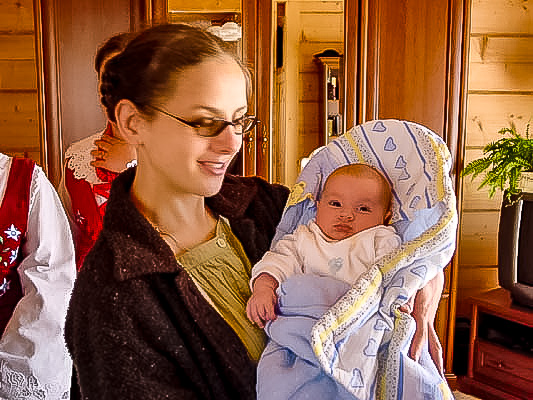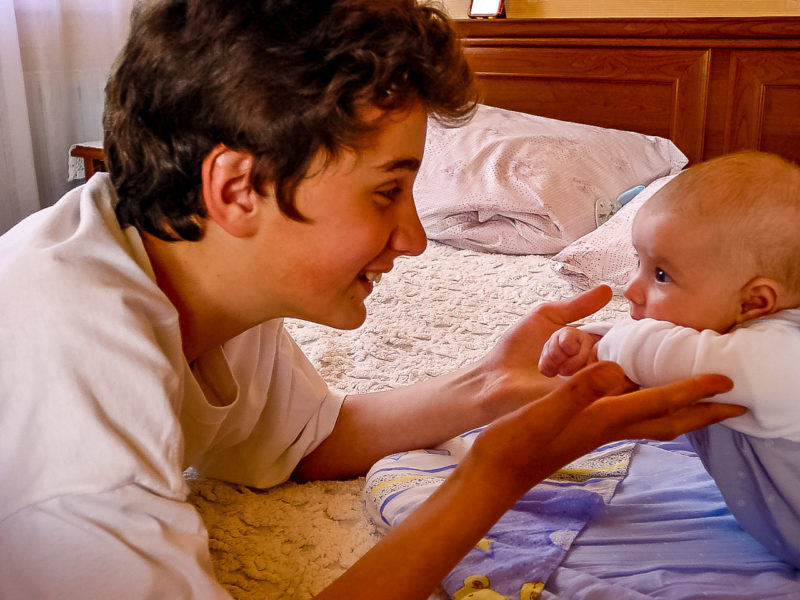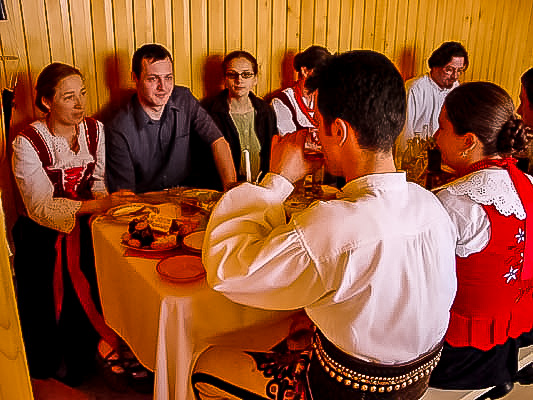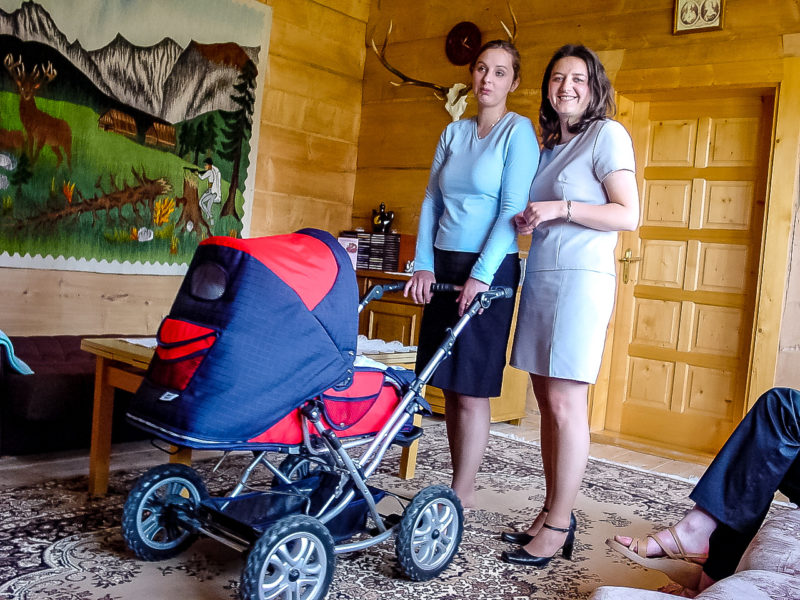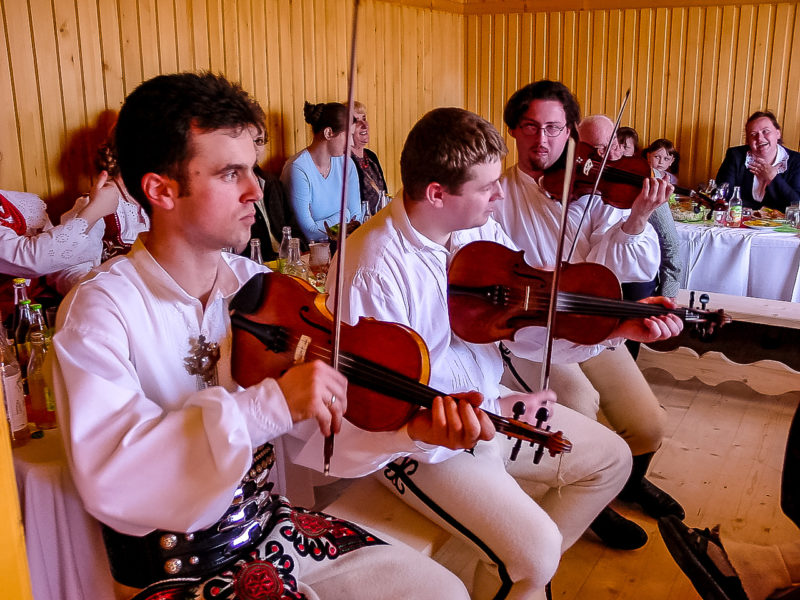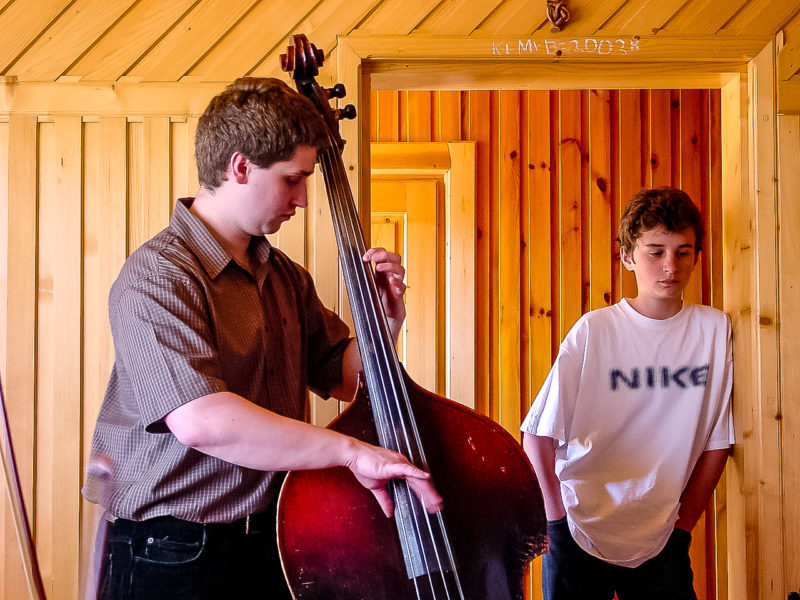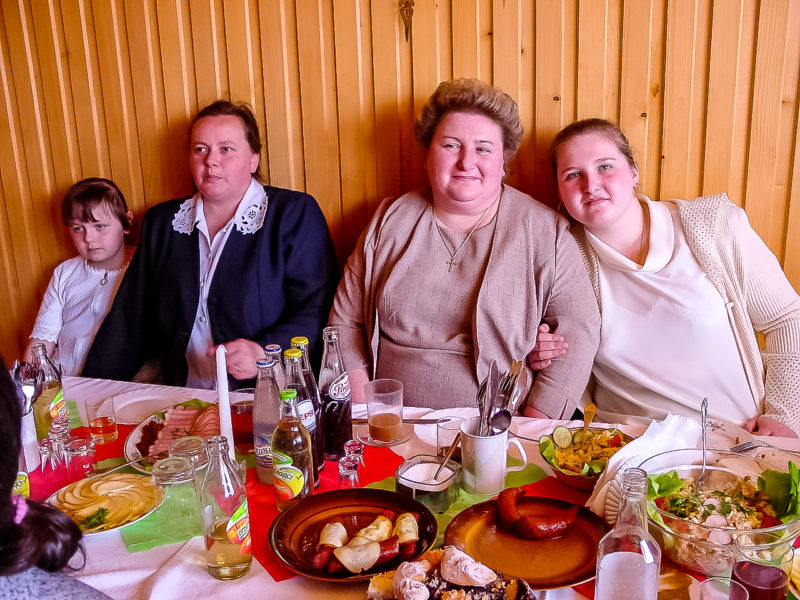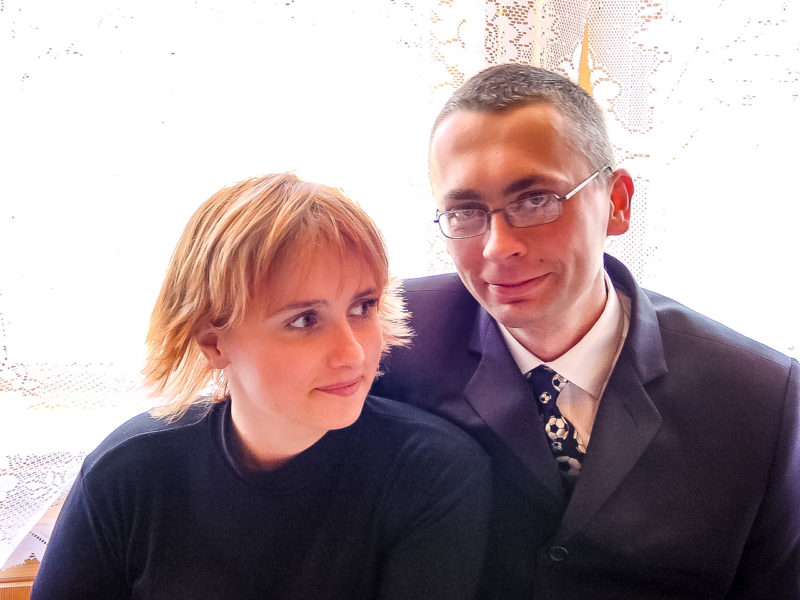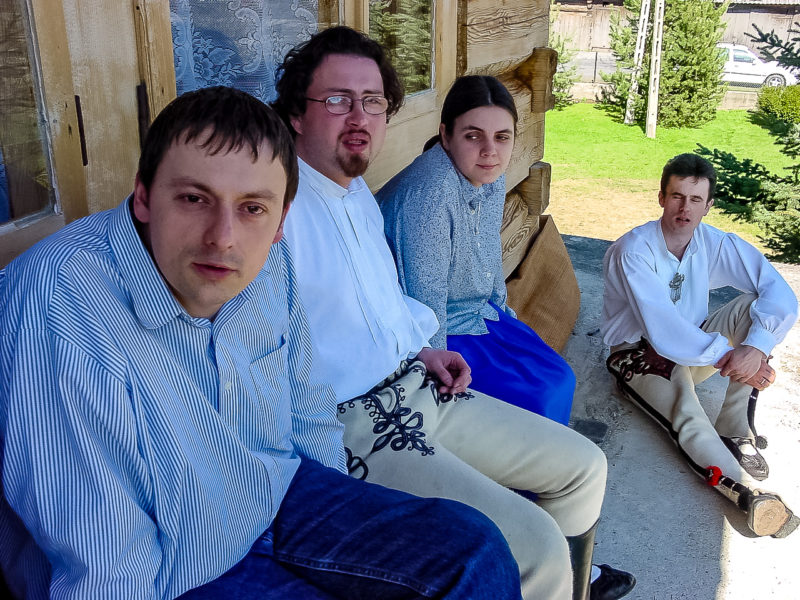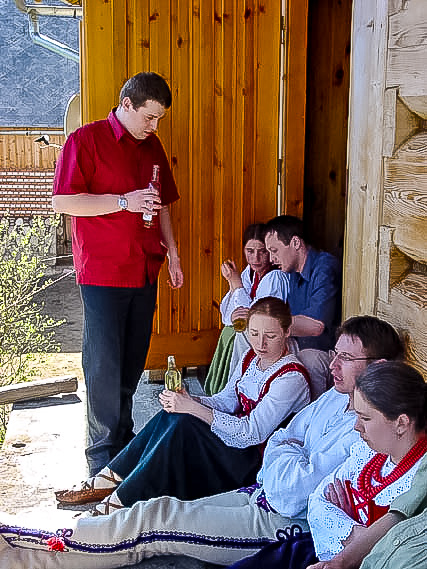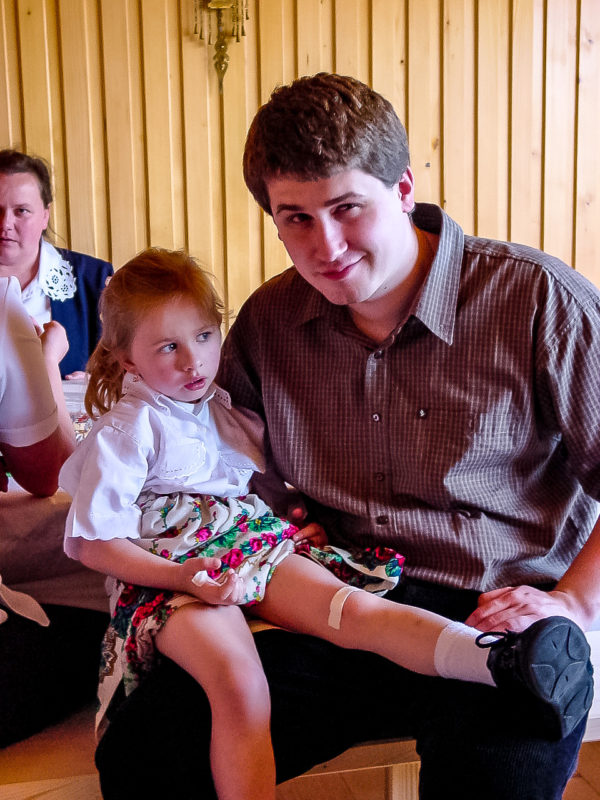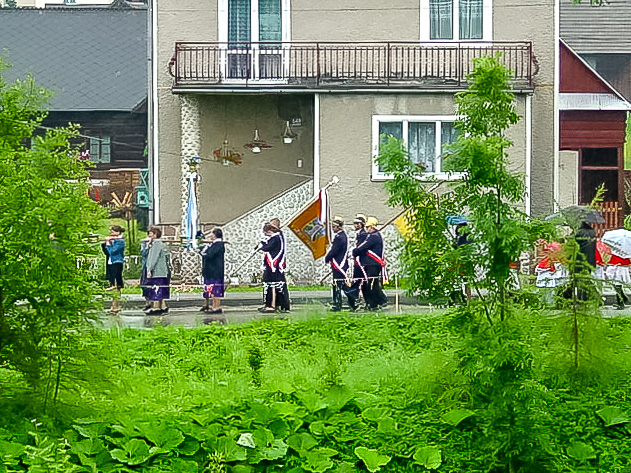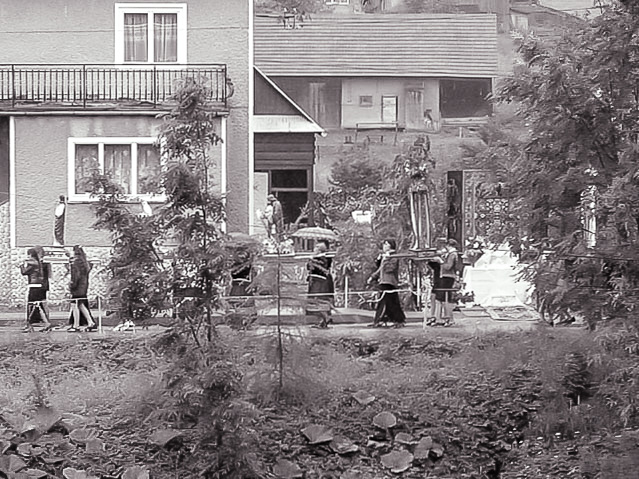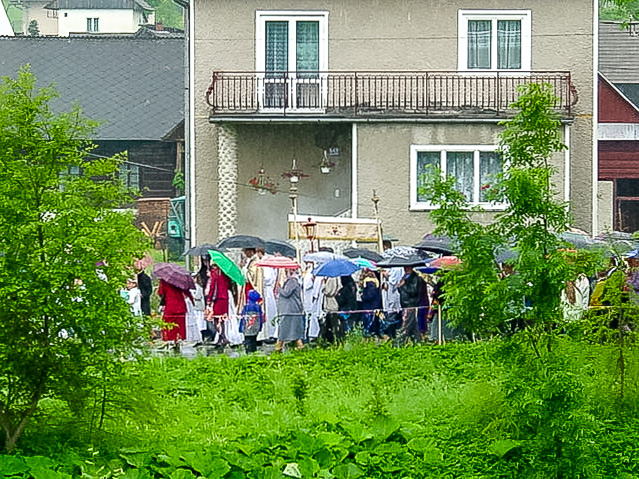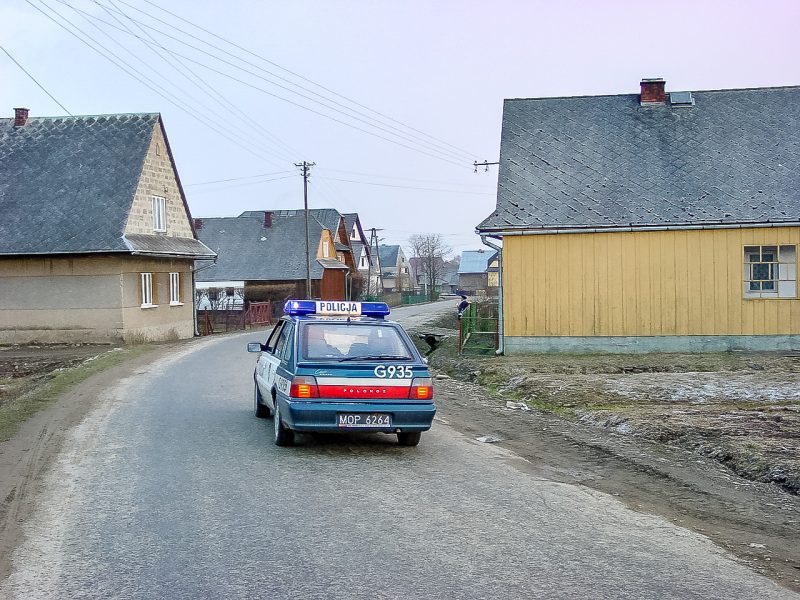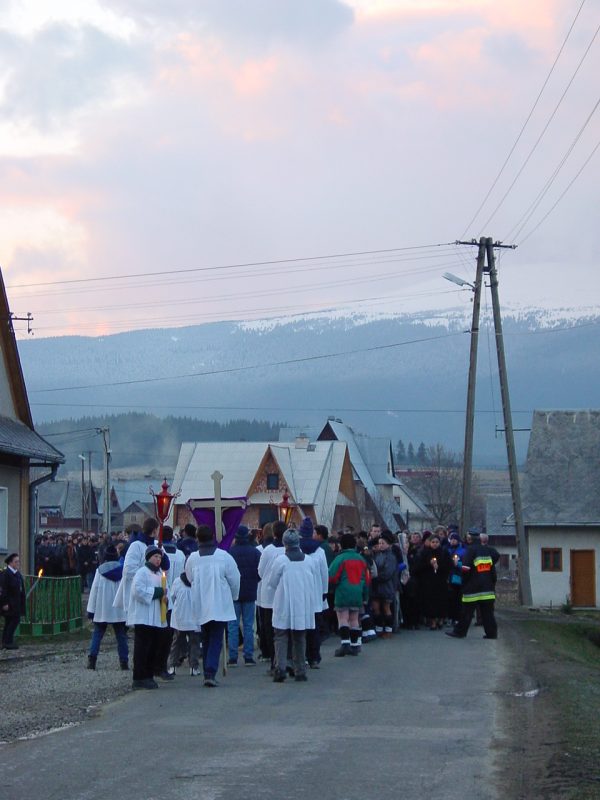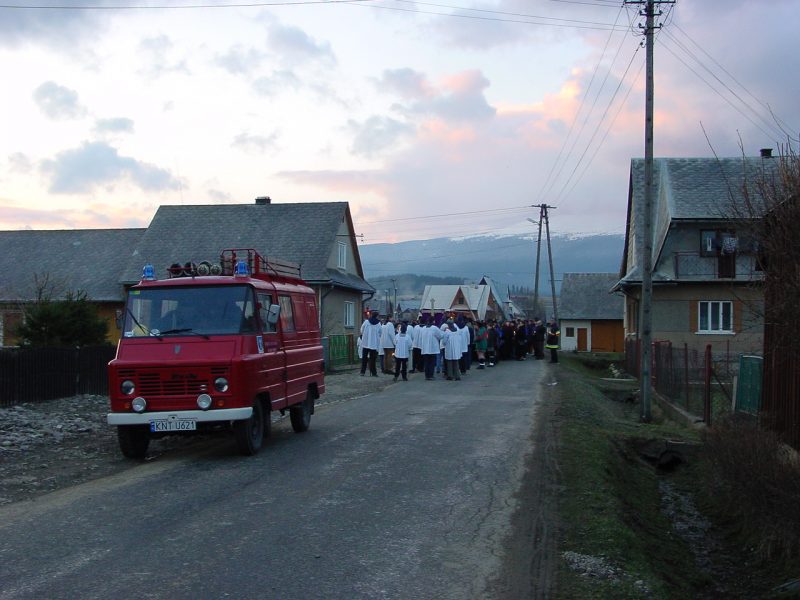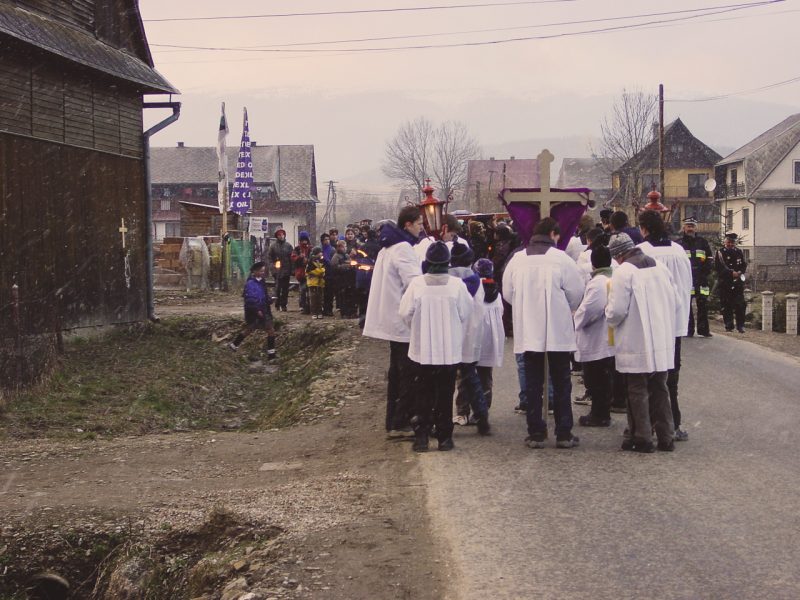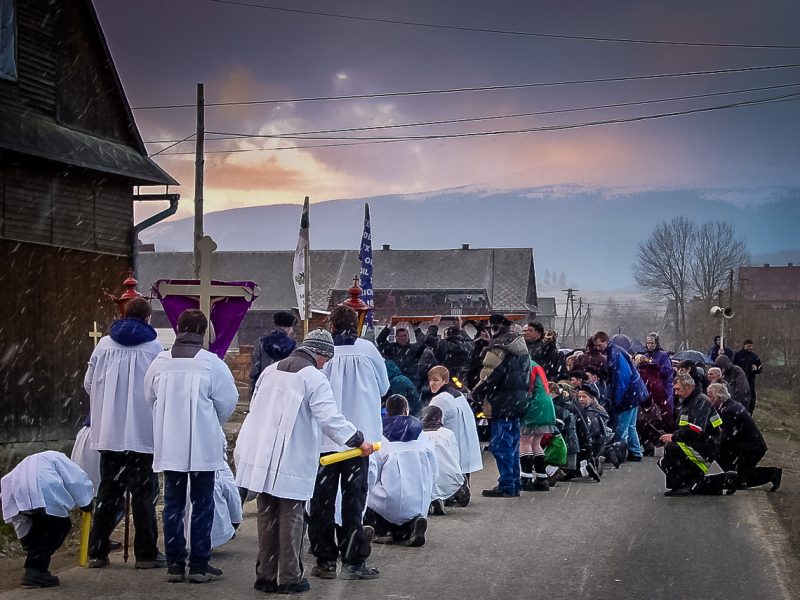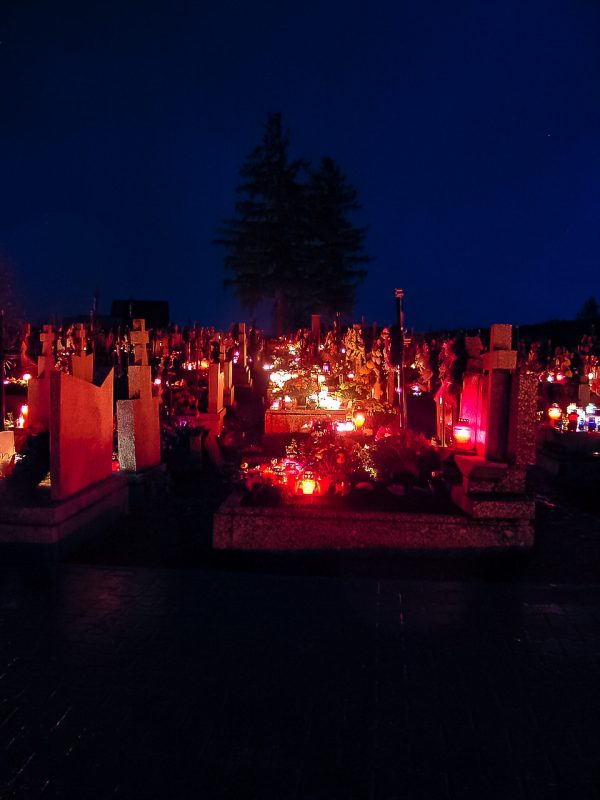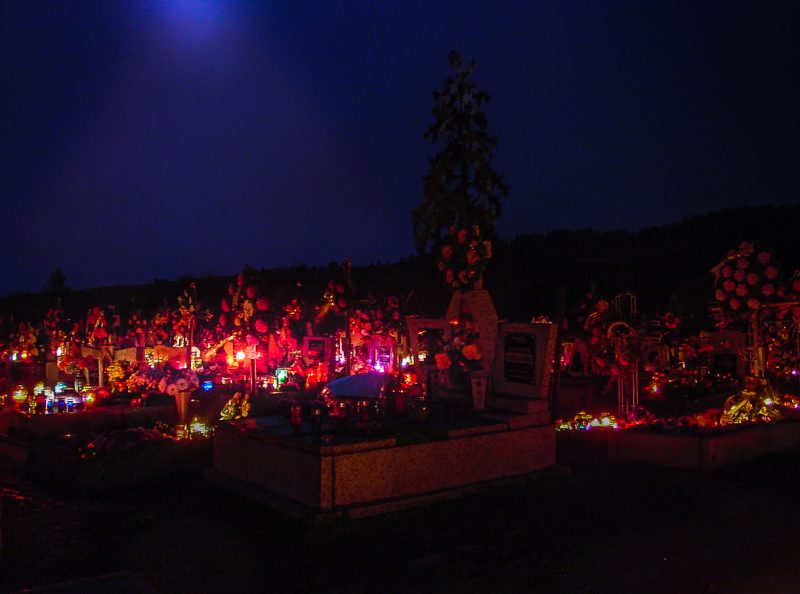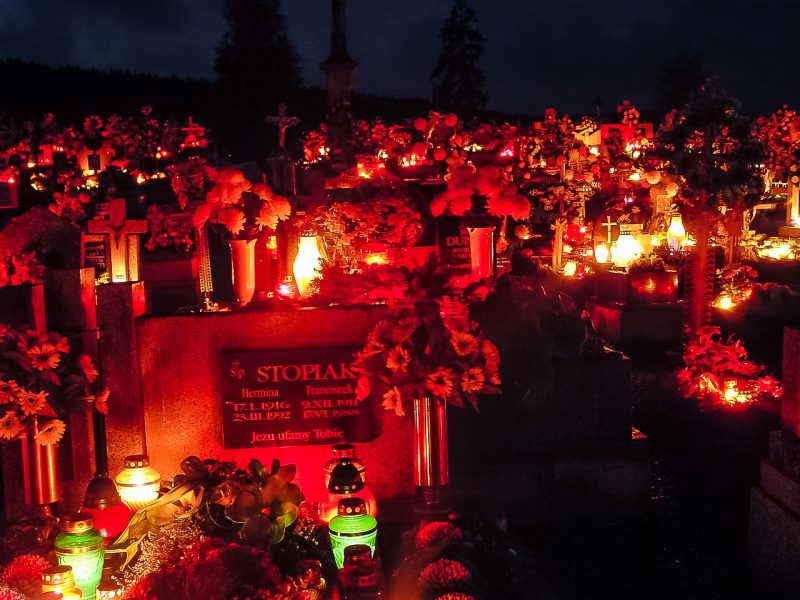K and J went to pre-Easter confession last week. As with every single thing when you have an infant, it was well planned well in advance.
“Yet J doesn’t speak English,” I reminded K earlier in the week, when she told me about the plan. “How exactly is this going to work?”
“Well, I’m going to translate.”
Some, when reading “This is supposed to between the priest and the individual”, might have injected, “Um, no it’s between the individual and God.” More information about the Catholic view of forgiveness can be found here.
“Do you think the priest will let you? After all, this is supposed to between the priest and the individual, and anonymous at that. That’s why there’s all the elaborate screens and confessional booths and such.” (I’ve never confessed — my imagery of it is pretty much straight out of movies, and watching from a distance.)
“We’ll see.”
What actually transpired was a somewhat amusing solution to the problem. The priest instructed K, “Tell your mother to say what she needs to say in Polish, then give me a sign that she’s finished.”
J found it both amusing and touching.
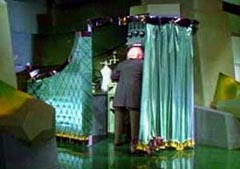 It lacked mystery.
It lacked mystery.
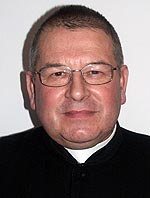 A tent revival is something that is particularly American, and conjures up images of snake-handling believers and wheezing, beet-faced preachers who can stretch the name of Jesus into four syllables, who preach hell fire and damnation, the dangers of card playing, and the outright evil of dancing.
A tent revival is something that is particularly American, and conjures up images of snake-handling believers and wheezing, beet-faced preachers who can stretch the name of Jesus into four syllables, who preach hell fire and damnation, the dangers of card playing, and the outright evil of dancing.
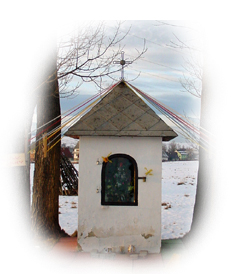 There are quite a few who go to daily mass. It’s mainly elderly women, judging from the small stream of people I see leaving the church. This raises a question: how does one draw the line between sincerity and habit? And what if it seems only to be habit despite the individual’s protests that it’s not? Pious until proven habitual? Or maybe I’m begging the question of them being mutually exclusive.
There are quite a few who go to daily mass. It’s mainly elderly women, judging from the small stream of people I see leaving the church. This raises a question: how does one draw the line between sincerity and habit? And what if it seems only to be habit despite the individual’s protests that it’s not? Pious until proven habitual? Or maybe I’m begging the question of them being mutually exclusive.




